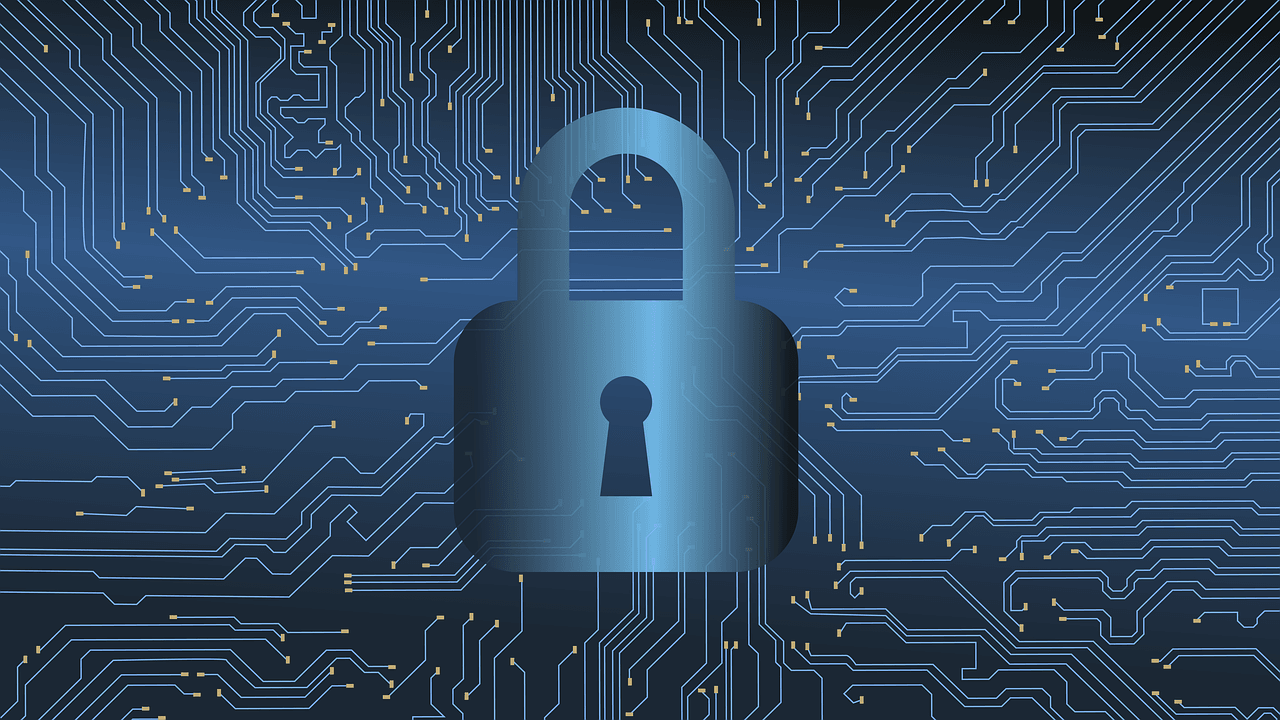Cybercrime has increased dramatically in recent years, resulting in significant financial losses for companies and individuals around the world. Geopolitical tensions between Russia and Ukraine have exposed the world to the most serious cyber threats it has ever faced. Although no particular direct threats have been detected, U.S. government authorities are advising individuals and businesses to remain vigilant about the prospect of cyberattacks, and fears are growing, driving up demand for cybersecurity systems and solutions.
Q1 2022 hedge fund letters, conferences and more
The increased adoption of e-commerce, as well as advancements in disruptive technologies making things more connected, have also led to an increase in cybercrime cases exploiting inadequate cybersecurity systems. Industries such as banking and healthcare are particularly vulnerable due to the critical nature of data stored by companies in these sectors. Furthermore, the threat of malware and phishing attacks has increased during the COVID-19 pandemic due to the increasing work-from-home trend, making connected devices and apps more vulnerable. It is reasonable to conclude that the need to enhance database security has never been this high. Statista projects revenue in the cybersecurity market to reach $146.30 billion in 2022 and continue to grow at a stellar pace through 2026.
Cybersecurity Revenue Projection
With work becoming more remote around the world, email remains the most widely used online communication technology, but it is also the least secure. Businesses and consumers are being warned to be extremely cautious with the email and messaging platforms they use, as they continue to face a new level of threat from mobile phishing scams via email, texts, and phone calls. In response, Sekur Private Data Ltd (CSE:SKUR) (OTCQX:SWISF) (FRA:GDT0), based in Switzerland, is taking steps by offering services that provide a second-to-none level of security and privacy.
Sekur’s Privacy Solution Is Starting to Gain Traction
Sekur Private Data Ltd is a Swiss-based cybersecurity and Internet privacy company that offers private data management, safe communications distribution, secure cloud-based storage, disaster recovery, document management, encrypted emails, and secure communications tools. The company serves individuals, corporations, and governments around the world and sells its products globally through its websites, approved wholesalers and distributors, and telecommunications operators. Sekur claims that all of its data is sent through a multilayered, 2,048-bit encrypted tunnel utilizing its proprietary HeliX technology, without the use of a virtual private network.
Sekur does not mine its users' data, is ad-free, and provides end-to-end data encryption by hosting all communications on its Swiss servers. In Switzerland, article 13 of the Swiss Federal Constitution guarantees the right to privacy. The Federal Act on Data Protection ("FADP"), enacted on June 19, 1992 (and in effect since 1993), establishes a high level of privacy protection by forbidding nearly every way of processing personal data that is not specifically allowed by the data subjects. The Swiss Federal Supreme Court ruled in 2010 that IP addresses are personal information and that they may not be used to track Internet activity without the consent of the individuals involved.
With SekurMail which includes SekurSend, users can send an email to anyone, whether or not they have Sekur, in complete privacy and security. The recipient can then click on the notification and use SekurReply to reply in the same way without needing to create a Sekur account. The sender can also choose to safeguard any email sent by including a password, a read limit, and a self-destruct timer. When using the SekurSend feature to send an email, senders and receivers can attach files of any size and it also eliminates BEC and email phishing assaults for corporations. This e-mail technology also features comprehensive email delivery control, automatic data export for large enterprises, and automatic Data Loss Prevention ("DLP") with real-time continuous archiving.
Sekur's other product, SekurMessenger, eliminates privacy and security risks for messaging. It does not require a phone number, eliminating the risk of revealing a user's phone device ID. Further, SekurMessenger does not social engineer a user's phone or computer contact list eliminating the risk of infecting the contacts by default. In place of a phone number, each user is assigned a username and a Sekur number by SekurMessenger. The Sekur number is the contact information that a user must provide for other Sekur users to be connected to their account. The service has a self-destruct timer as well as additional features including VirtualVaults and HeliX technologies with all data being held on Swiss-based secured servers. Additionally, SekurMessenger now includes a proprietary feature and technology called Chat by Invites, which allows a user to invite a non-SM single user, or a group to chat in a fully private and secure manner without the recipient ever having to register or download the app. The originator of the communication can end the conversation remotely at any time, and all traces of the interaction are erased from all users, including the recipient.
The extra layer of security and privacy is finally starting to pay off for Sekur as the company gains exposure in the international market. Sekur announced in April that its presentation and training program for distributors in Colombia, Panama, Peru, and Mexico had been relaunched. Furthermore, the company was recently upgraded from the OTCQB Venture Market to the OTCQX Best Market.
Conclusion
Recent data breaches in messaging apps have heightened the need for individuals, businesses, and governments to safeguard their communications against cyberattacks and identity theft on mobile and desktop platforms. Sekur's data privacy solutions are entirely located in Switzerland, shielding users' data from any outside data intrusion requests with the Federal Data Protection and Information Commissioner having jurisdiction over data protection. With a market capitalization of $30 million, cash on hand of $6 million, and no debt, the company seems to be attractively valued given the long runway for growth.






